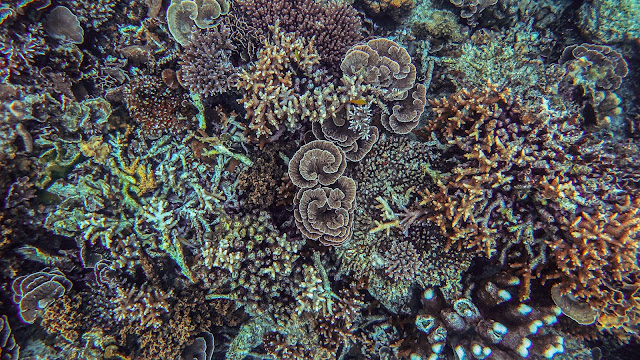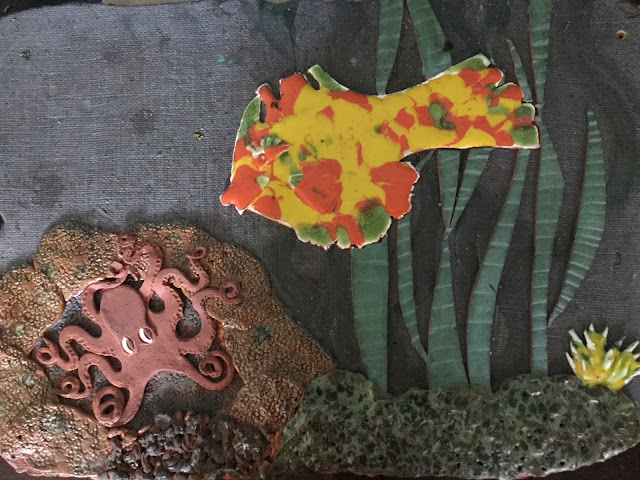The Uniqueness of an Indo-Pacific Coral Reef

Dr Anjani Ganase, marine scientist, offers a pictorial sampling of coral reef species from the Ind-Pacific coral region. These, she says, are not found in the Caribbean or Atlantic, but it is useful to note where our appreciation for coral reefs might have come from Indo-Pacific coral reefs - which occur in the Indian and Pacific Oceans - are known to be composed of unique communities of coral life. These are very different from those of the Atlantic and Caribbean regions. At the heart of the Indo-Pacific lies the Coral Triangle, the bioregion with the highest biodiversity of corals, reef fish and other marine invertebrates. Compared to the whole Caribbean region that has less than a hundred species of coral, reefs in the Coral Triangle support over 500 species of coral; and as many species of other marine life. There are many unique marine creatures that are not found on Caribbean coral reefs, and here are some example of these creatures. Of the creatures featured here, these


